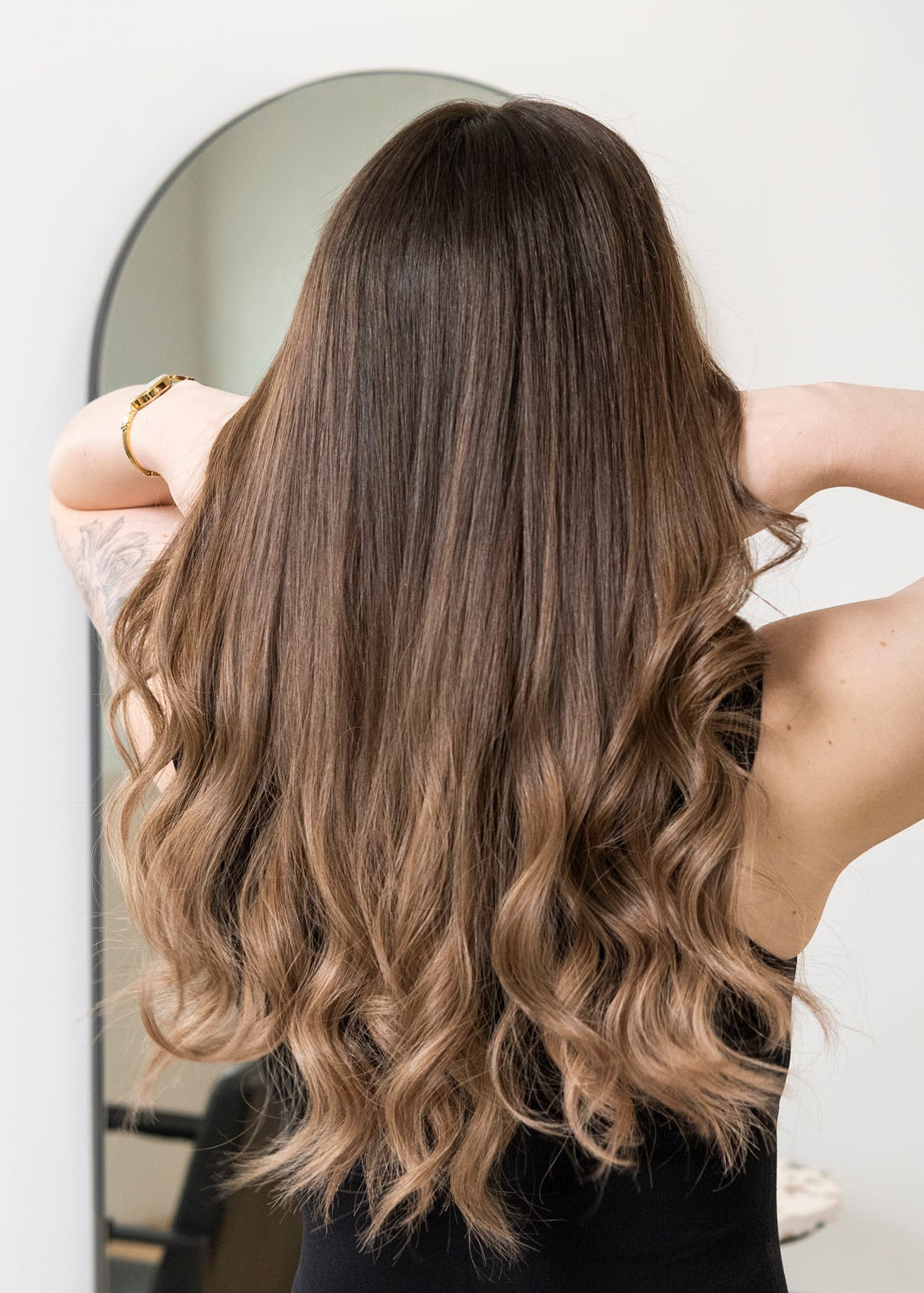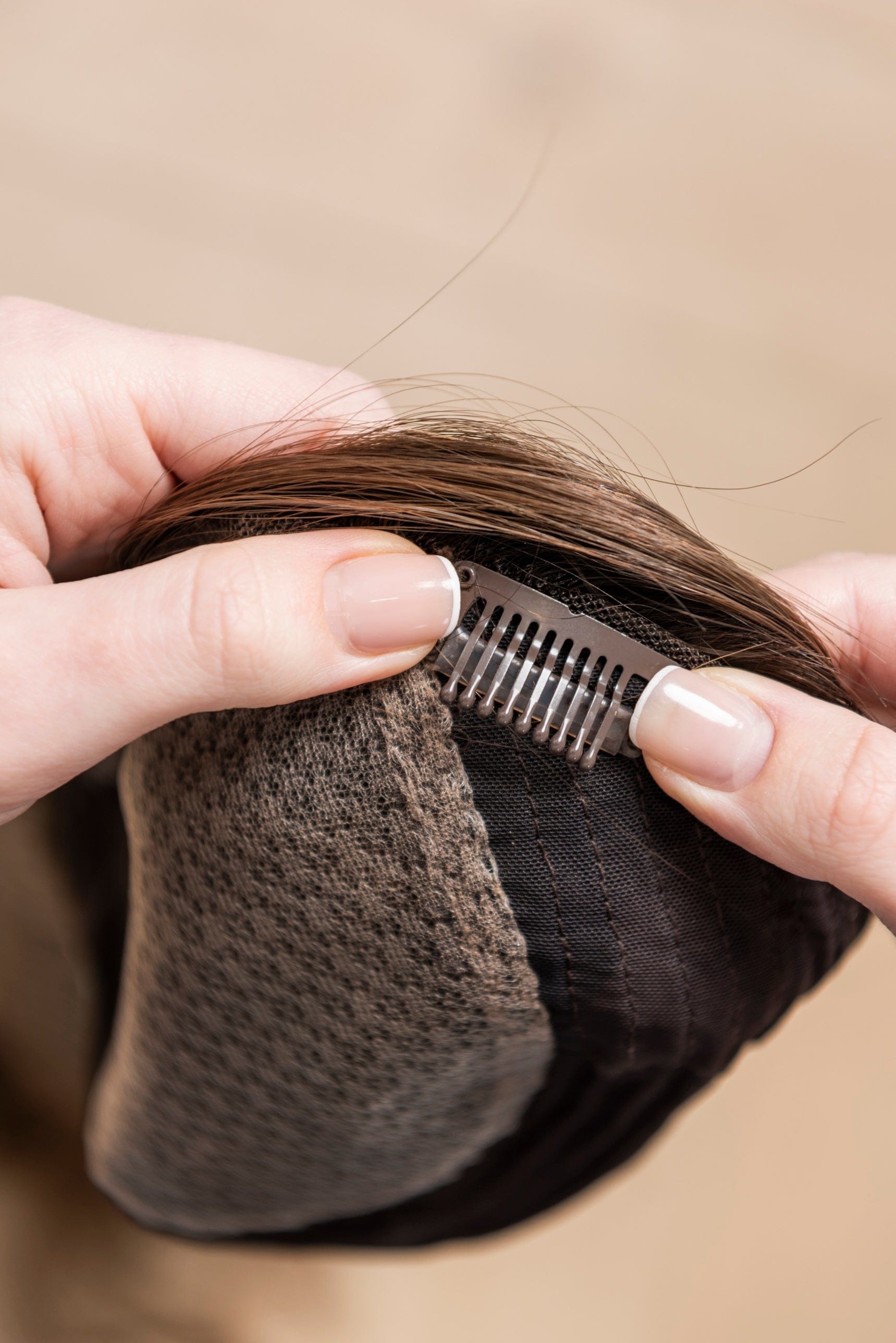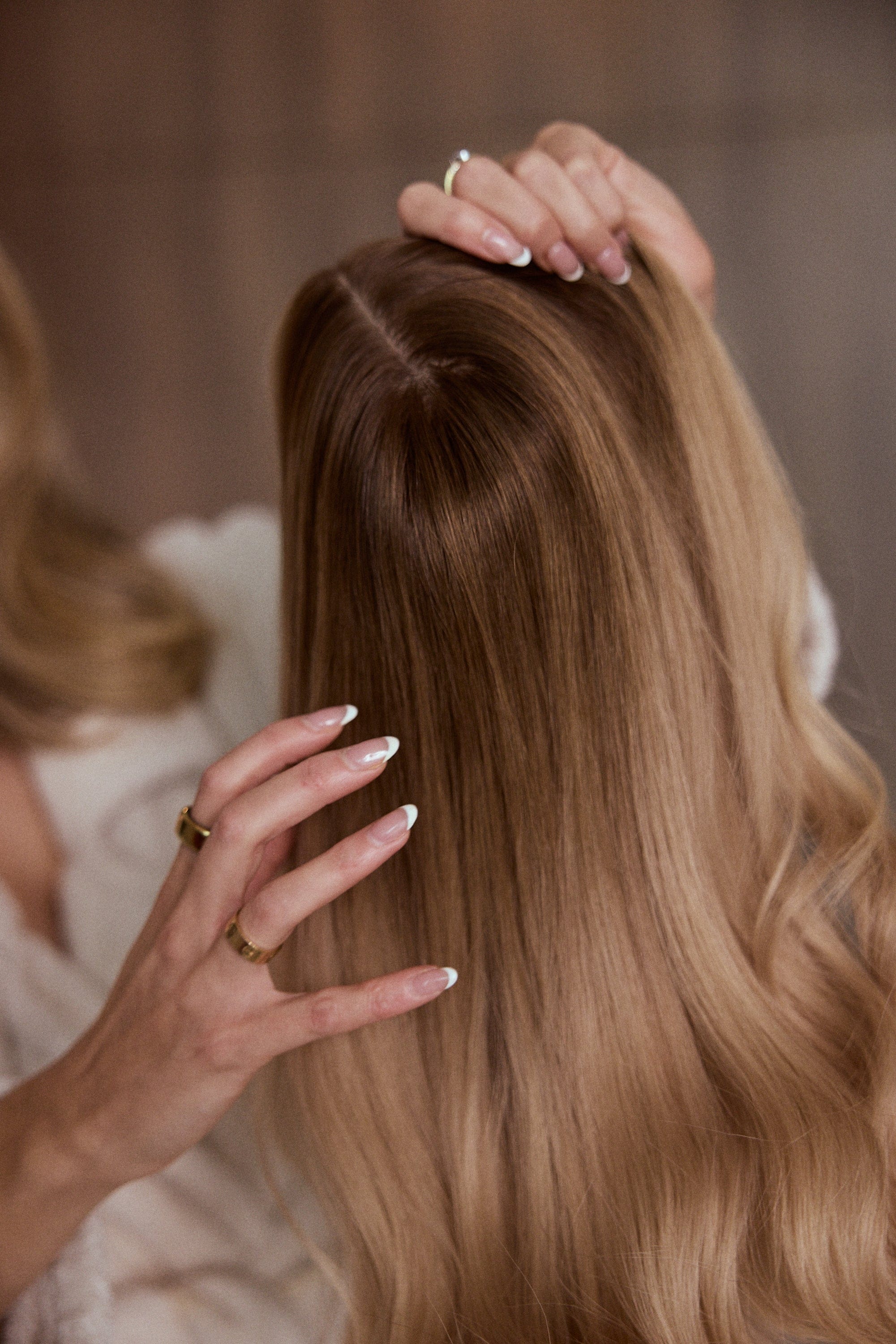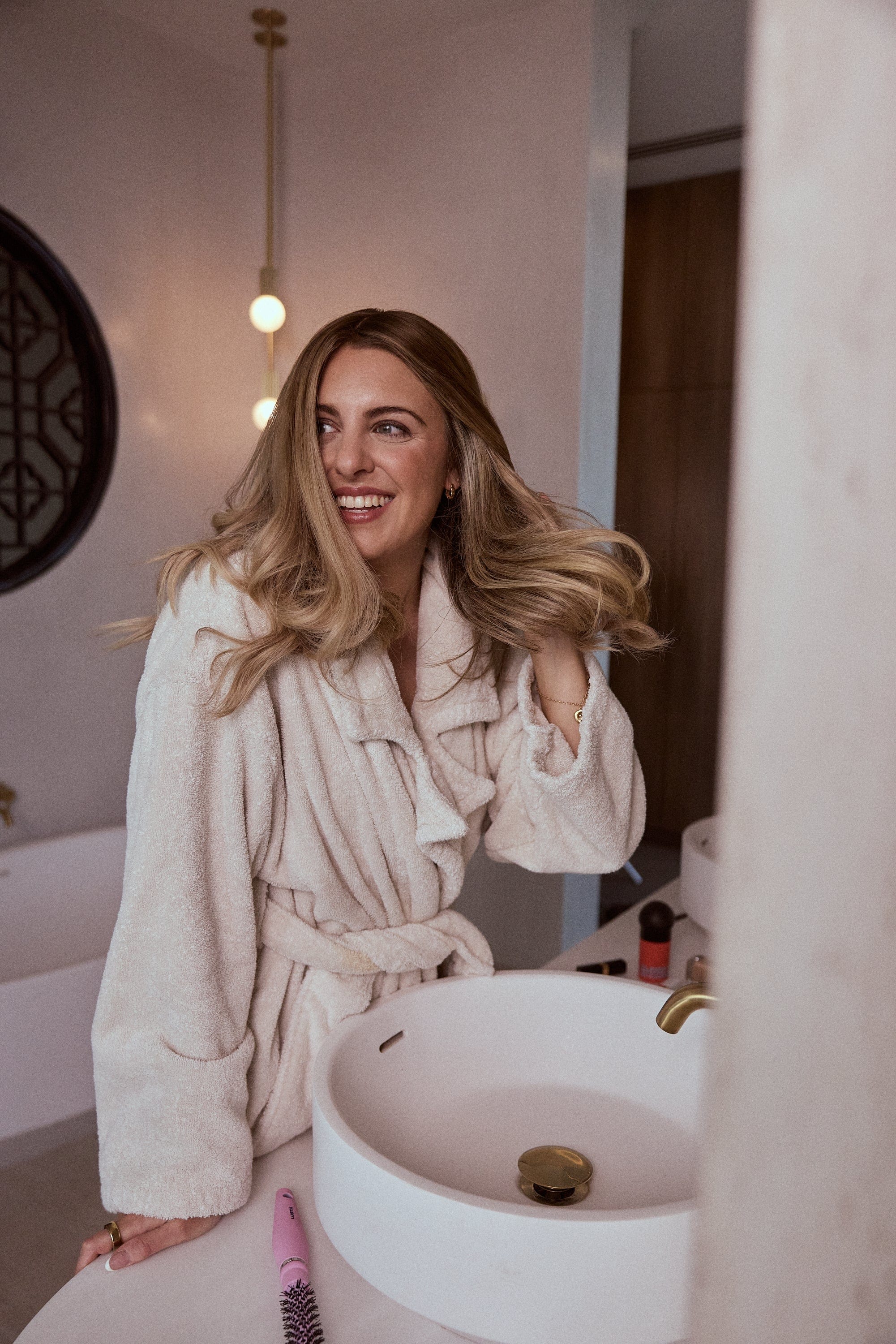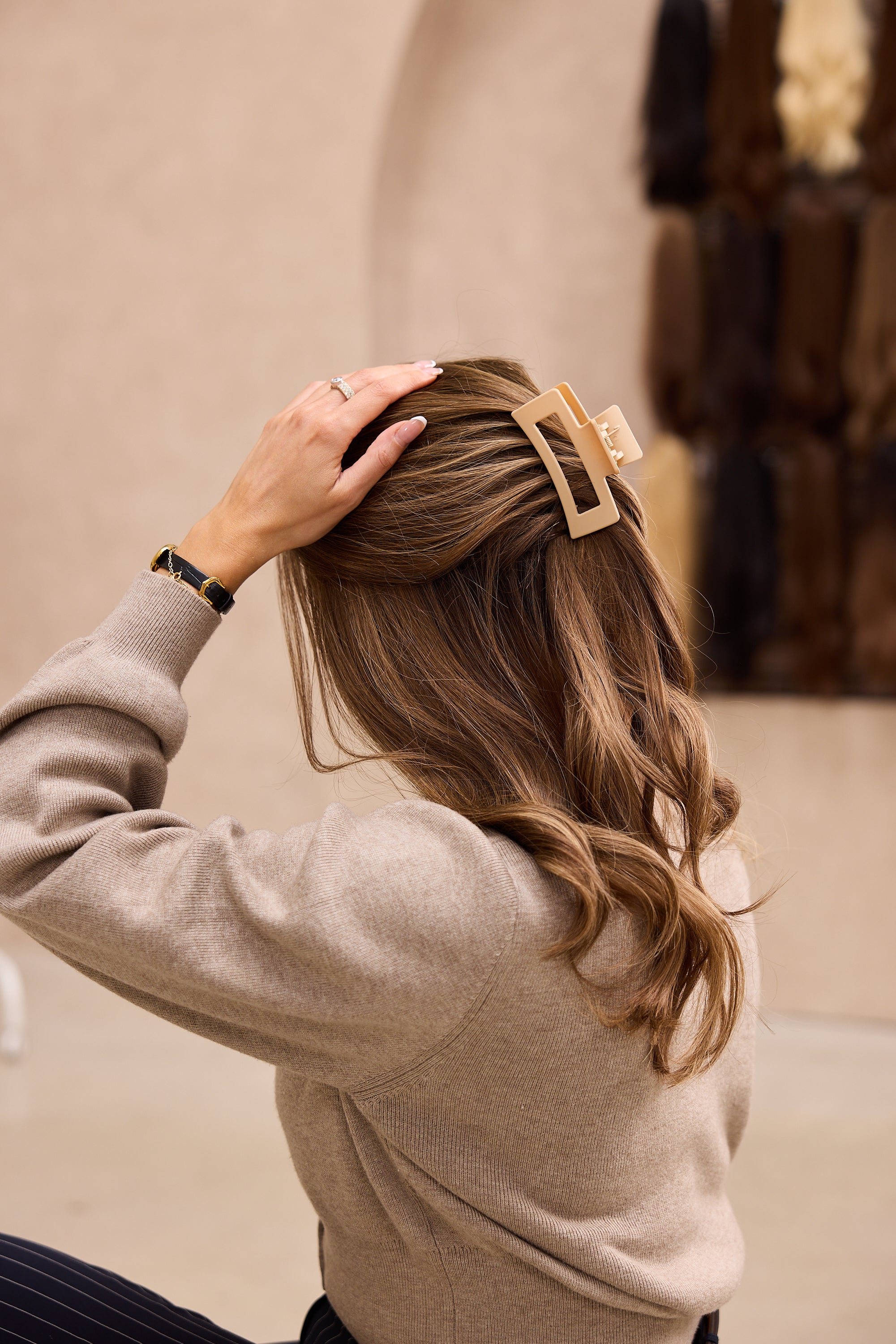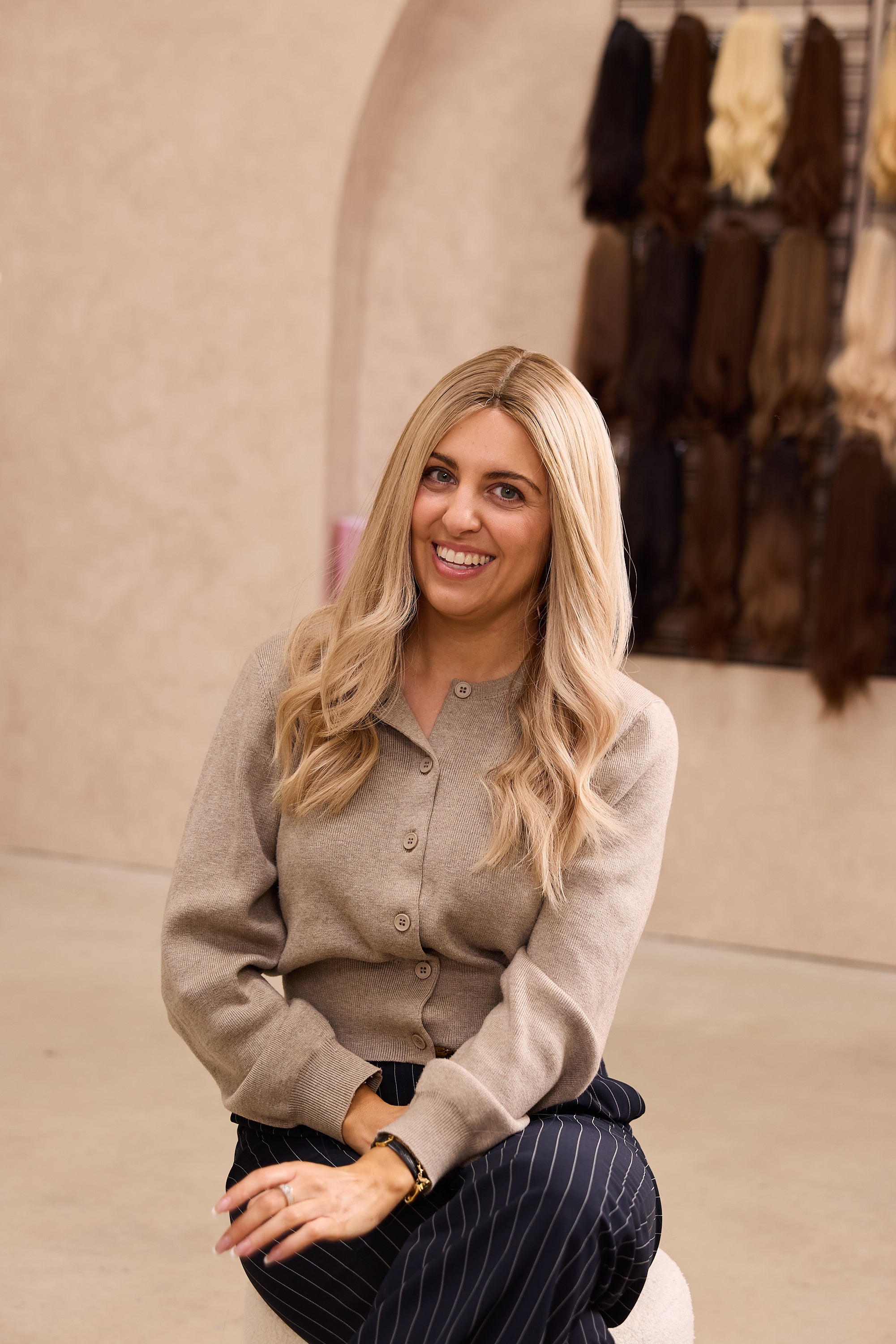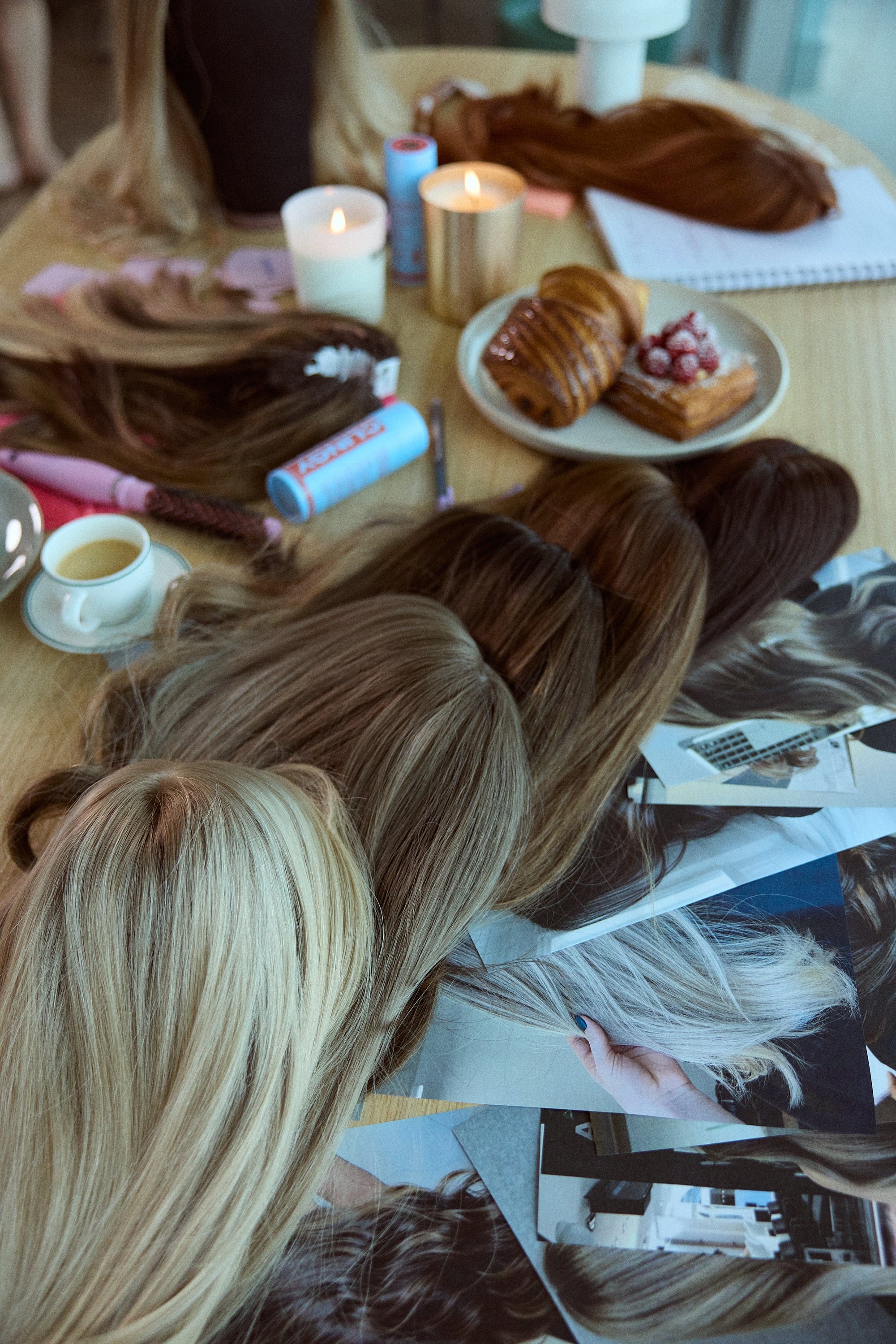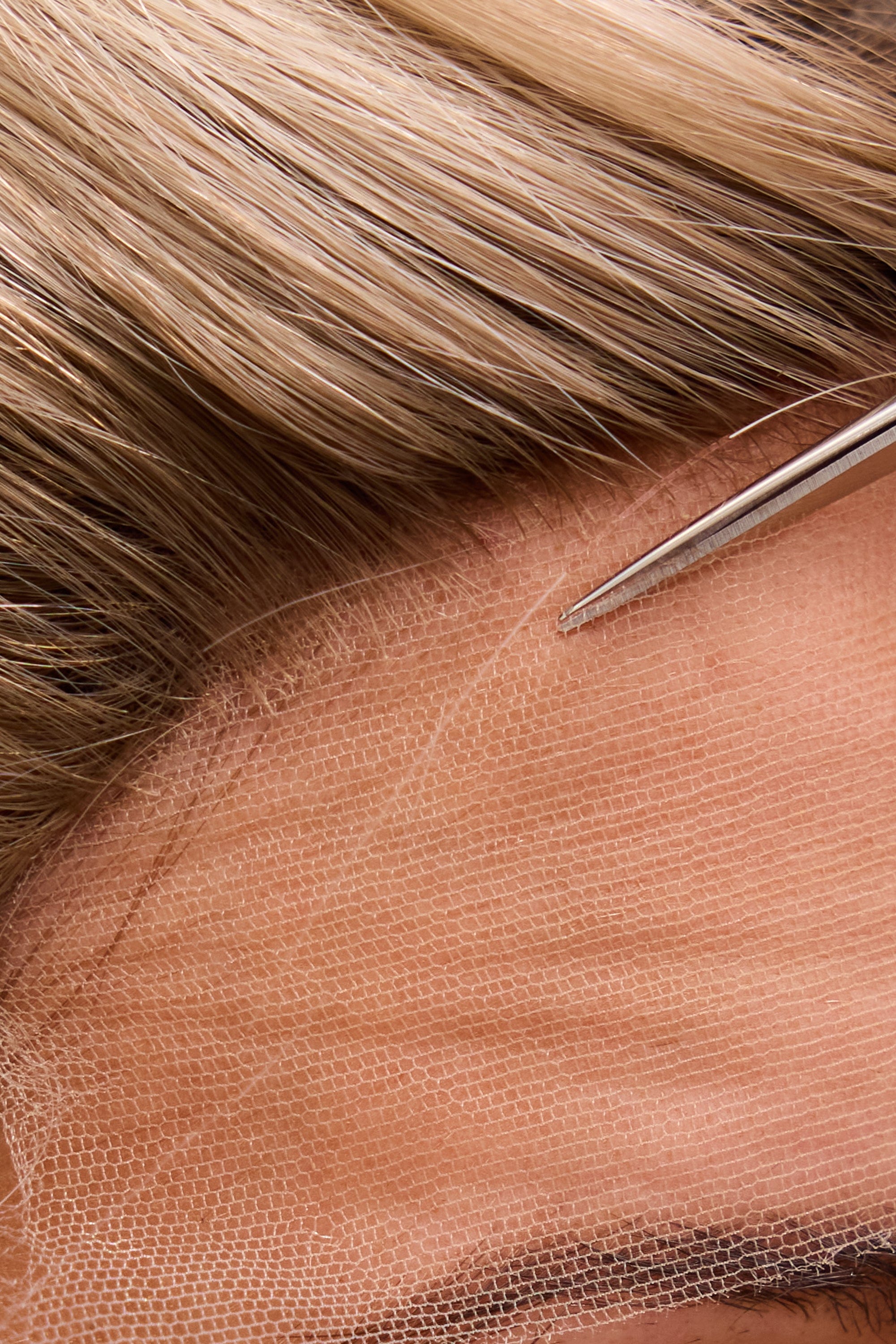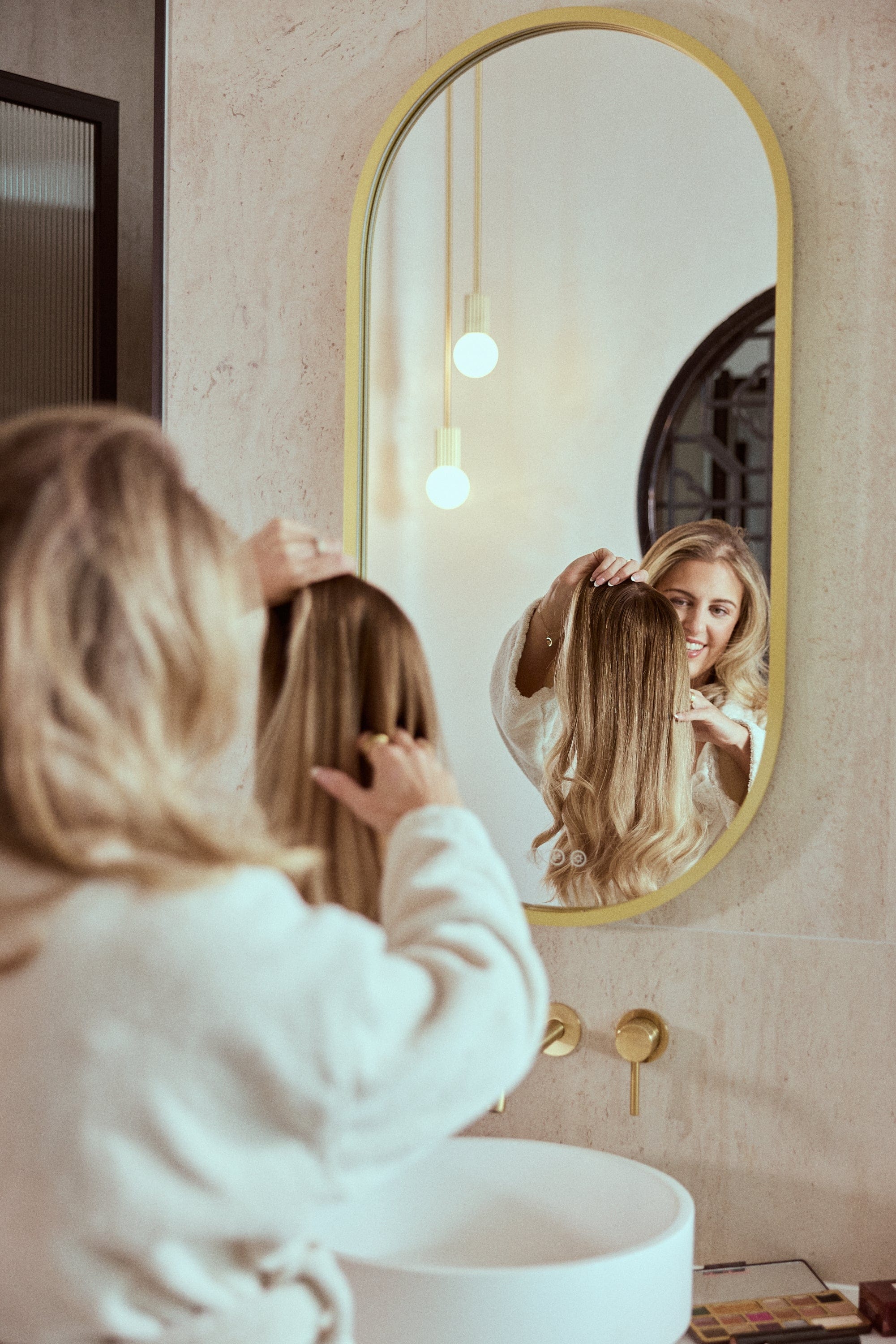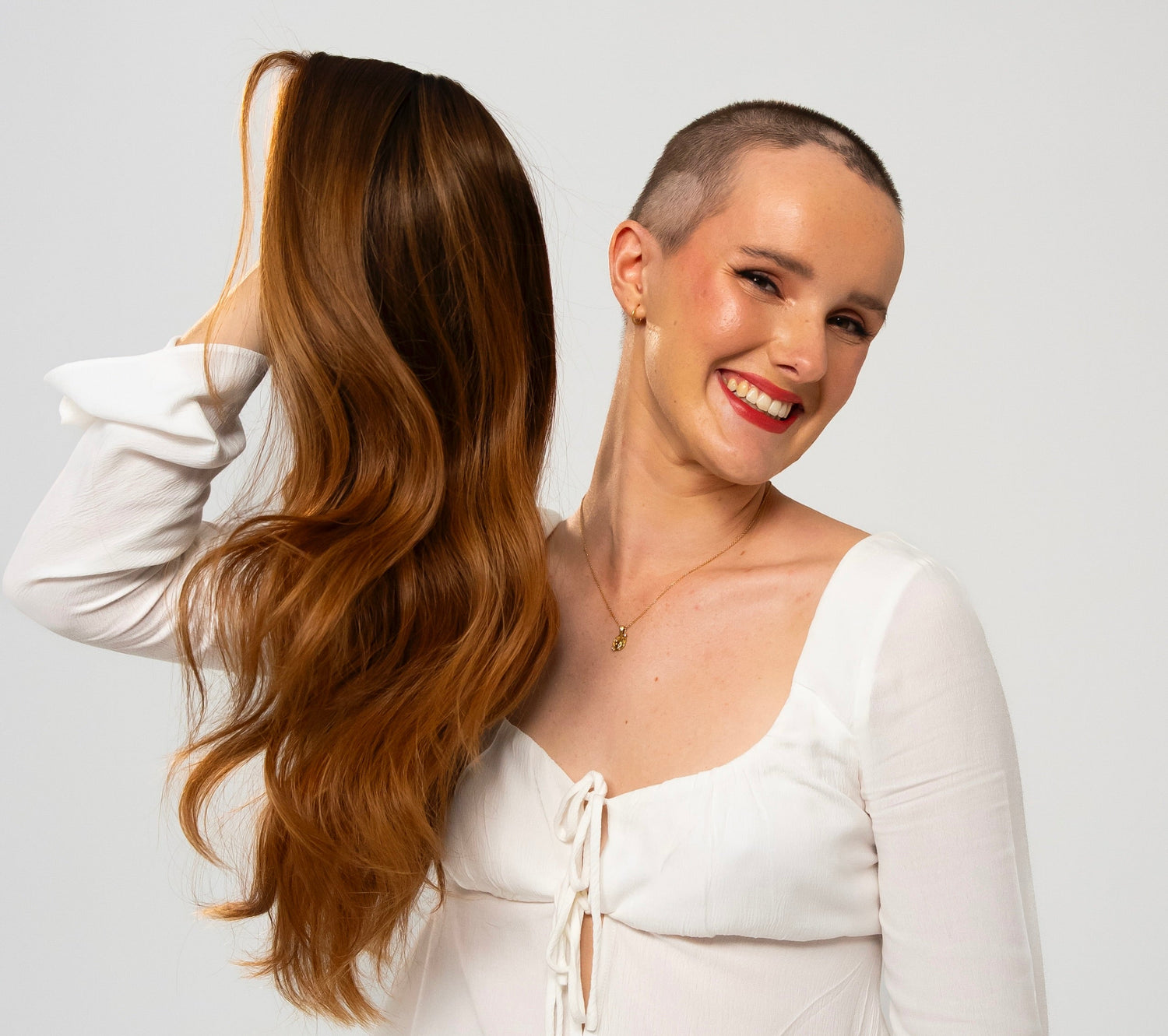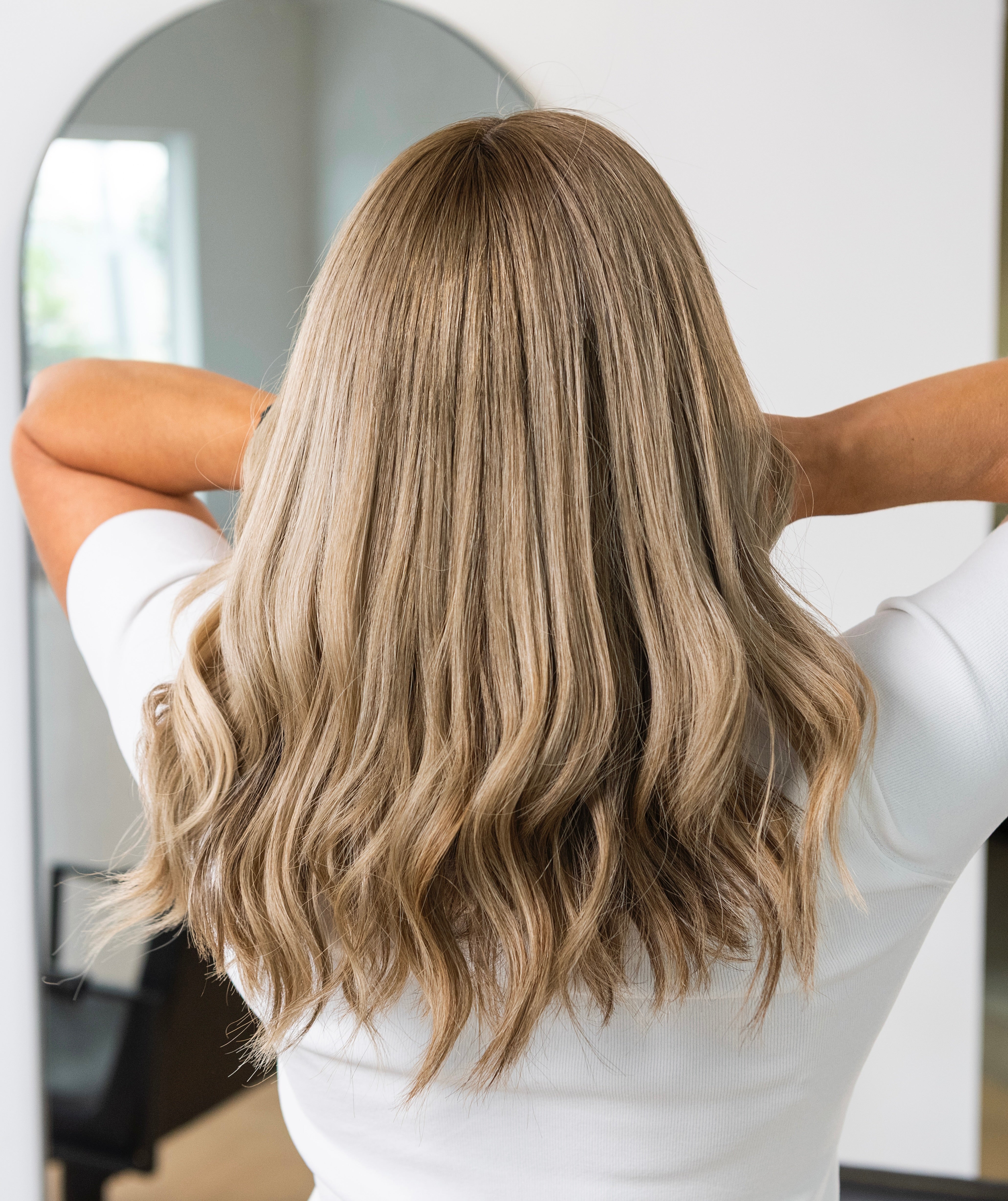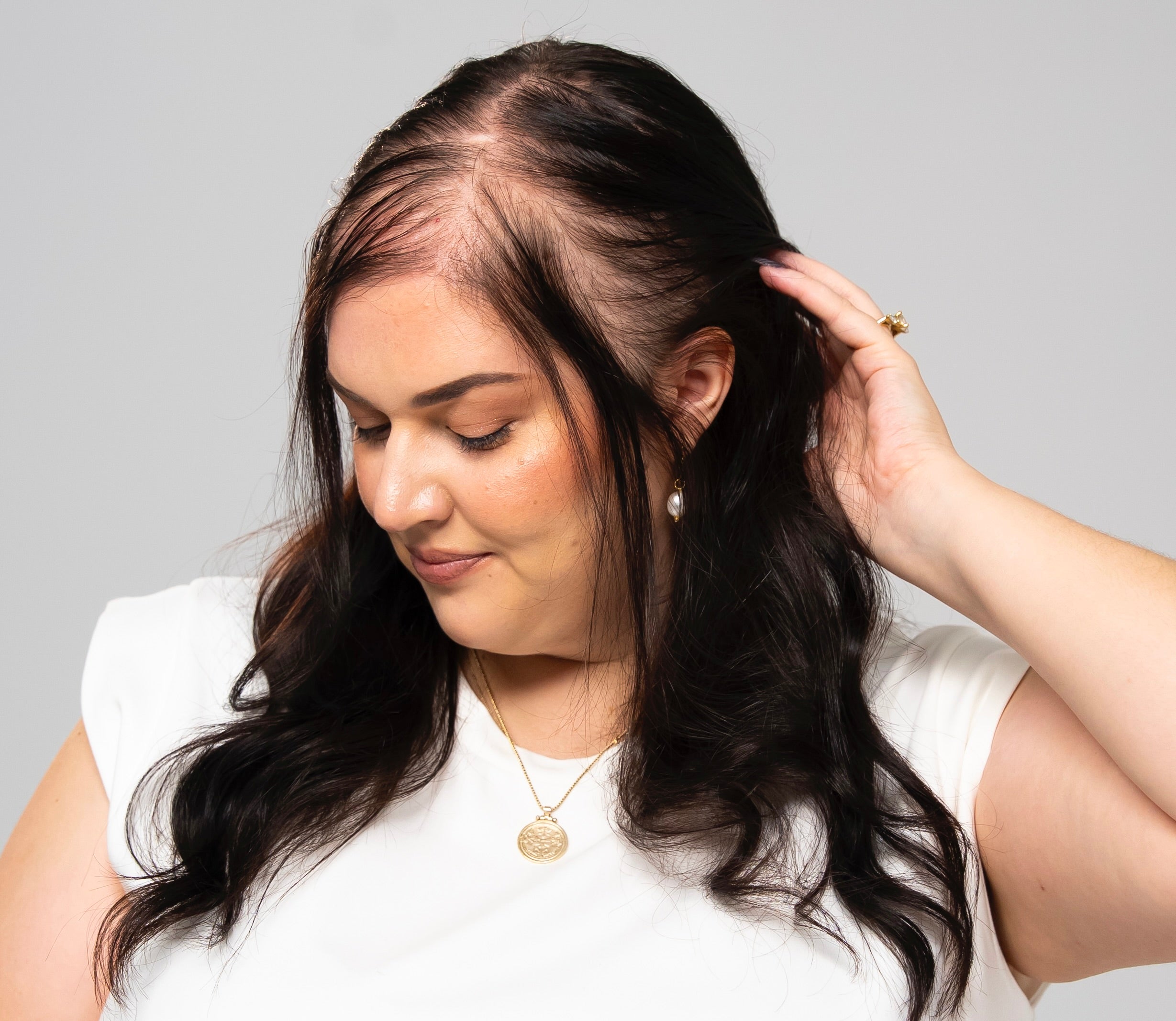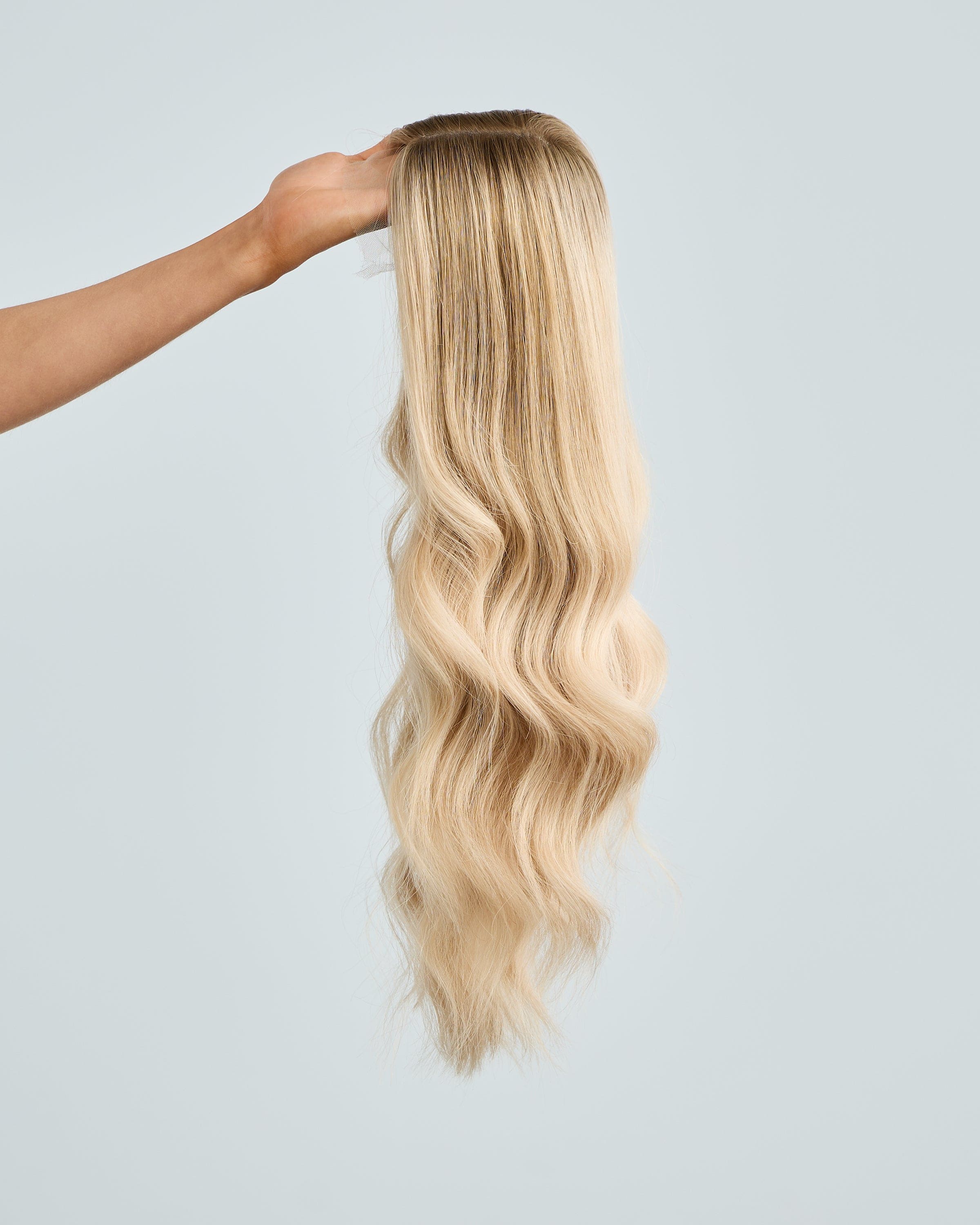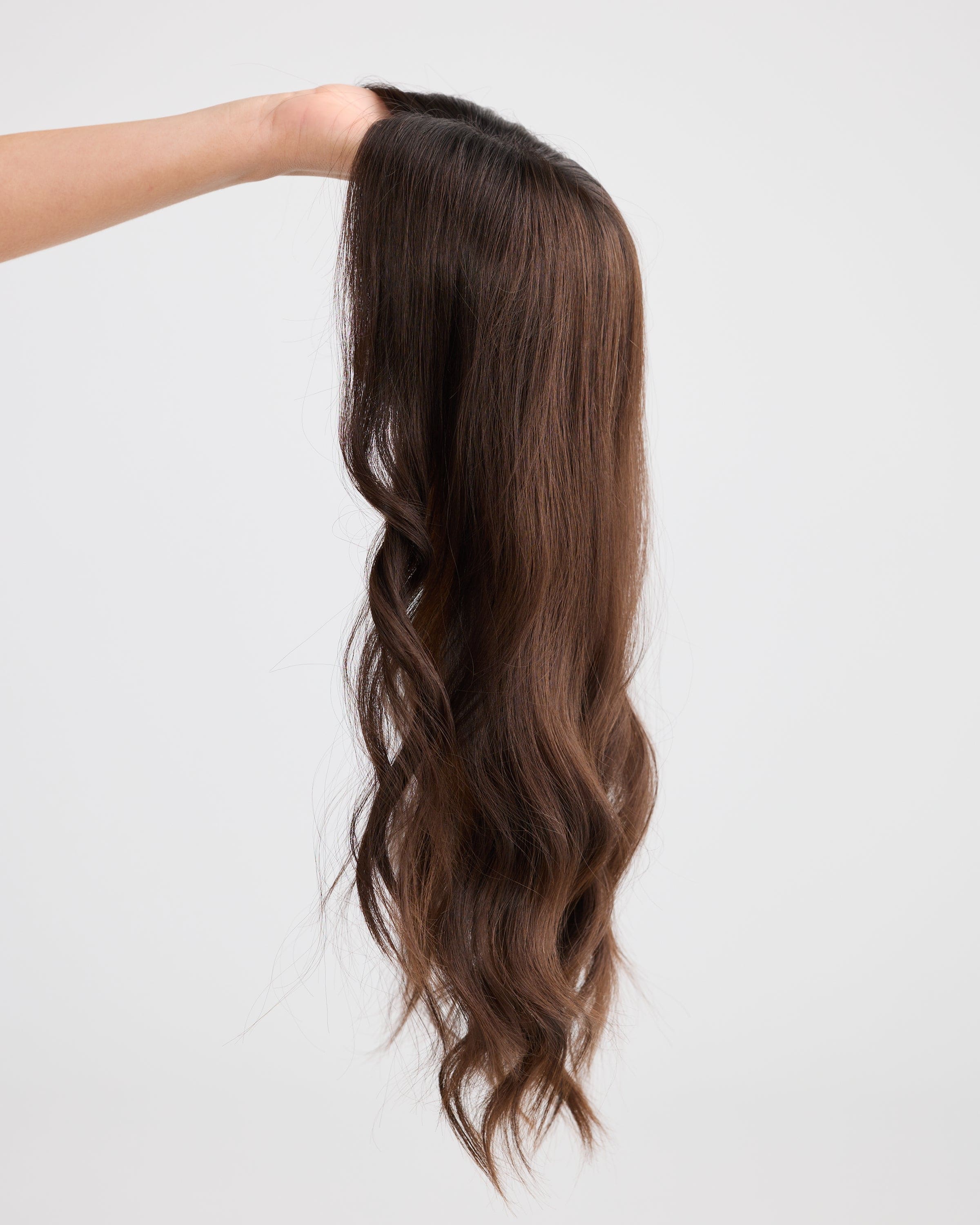Disclaimer: This is in no way medical advice. Consult your doctor if you're considering trying treatments for hair loss.
Let me guess. "How to grow my hair back?" is in your google search history?
There are so many 'treatments' and 'solutions' out there for female hair loss. From shampoos to supplements to medications, everyone claims to have found the cure. But is there really a cure for hair loss?
Hair loss treatments have been around for a long time, but we still don't seem to be any closer to a cure which works for all hair loss sufferers. Why is this? Well, hair is a lot more complicated than you might think. Or, at least our hair follicles are.
The hair follicles all over our bodies are actually an organ, just like your heart, lungs or brain. And they're a pretty complex organ. Unlike other organs, hair follicles are constantly changing and remodelling themselves depending on what stage of their life cycle they are in. That makes it super difficult for scientists to understand how to treat hair loss.
That's why the only FDA approved hair loss treatments, Finasteride and Minoxidil, actually only came about by accident. Finasteride is a medication which was created to treat male prostate enlargement 🙈 and Minoxidil is a blood thinning medication used to treat high blood pressure. So, the only 'breakthroughs' in finding a cure happened completely by accident.
And the thing with these drugs is they don't even have a very high efficacy rate. Minoxidil has only been shown to be effective in 30% of women with AGA and the results of Finasteride are still inconclusive. Plus, they can come with a whole host of side effects. It's also been shown that this hair growth is relatively insignificant. Most women find they only grow small baby hairs, rather than a full, thick head of hair.
And I'm not saying you shouldn't try medication if that feels like the right route for you. These medications aren't complete nonsense (like some of the other 'cures' out there 🤪), they are grounded in science. Is it guaranteed to work for you? Probably not.
Moving on from medications, I bet you've seen SO MANY companies, from vitamins to shampoos claiming to be able to regrow you hair. And they show AMAZING before and after photos of women who have grown their hair back using their miracle solution. But... those before and after photos aren't always how they appear. In fact, the women in those photos might not even have used the product at all.
Take the below photos for example 😂 Many of these 'miracle' hair growth companies have taken a liking to using Lusta Hair photos to promote their products.

Hahaha I find this one hilarious 😂 Trying to say toppers cause hair loss whilst using a photo of Kim wearing a topper to promote their serums.
My golden rule is that if a product seems too good to be true, than it probably is.
Everyone you speak to says they know how to grow hair back.
🌿 Your aunt tells you to use rosemary oil.
💊 Your best friend tells you a story about her cousin who grew their hair back by taking vitamins.
🥥 Your colleague swears by coconut oil and onion juice for thick, healthy hair.
And they're not lying. They're not just making up these stories to give you false hope. But, it's important to consider the type of hair loss these women had. Did they have Androgenic Alopecia? Alopecia Universalis? Was their hair loss genetic? Or... did they have a temporary form of hair loss, like Telogen Effluvium, and their hair was going to grow back in a few months anyway....
A lot of these products we're suggested aren't useful when it comes to genetic forms of hair loss. The good thing about most of these 'at home' treatments is that they don't come with the side effects that medications do.
All in all, is there a cure for hair loss? Not really. There's no cure that works for all women with all forms of hair loss. The most promising hair loss treatments are Minoxidil and Finasteride, but you do need to weigh up the side effects of using these treatments. Hair loss is still a relatively 'unknown' area of study and there's a lot of work to be done before a cure is found.
But, it doesn't have to be all doom and gloom. Reframing what a cure means to you can be so helpful. Toppers and wigs have been Kim and Holly's 'cure' for decades. Unlike everything else out there, toppers and wigs work for everyone, no matter what your hair loss situation. They're easy. They don't have side effects. All they do is give you thick, gorgeous hair.
Have you tried any hair loss treatments? We'd love to hear about it!


